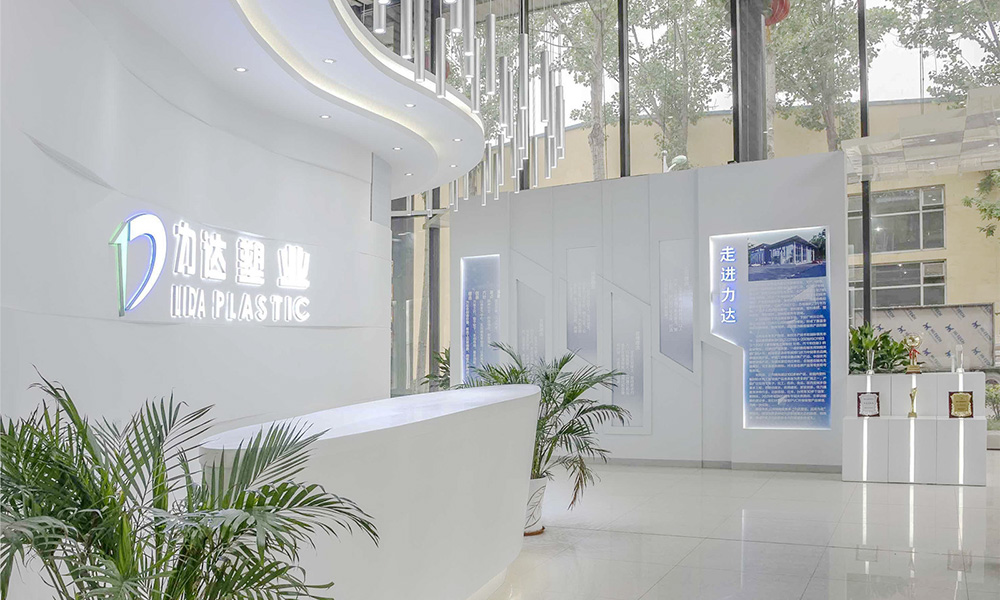Jul . 29, 2024 22:01 Back to list
High-Density Polyethylene Pipe Applications and Benefits for Modern Infrastructure Solutions
The Versatility and Benefits of HDPE Poly Pipe
High-Density Polyethylene (HDPE) pipe, widely recognized for its durability and versatility, has emerged as a paramount material in various industries, particularly in water management, agriculture, and construction. As a thermoplastic polymer made from petroleum, HDPE is characterized by its high density, which gives it excellent strength-to-density ratio and resistance to a wide range of environmental stresses. This article explores the significant advantages of HDPE poly pipes, their applications, and why they have become a preferred choice across multiple sectors.
Advantages of HDPE Poly Pipe
One of the most significant advantages of HDPE pipes is their exceptional durability. These pipes exhibit a high resistance to impact, corrosion, and chemical exposure, which means they can last for decades in both underground and above-ground installations. Unlike traditional pipes, HDPE pipes do not suffer from rust or corrosion, making them ideal for transporting potable water, sewage, and a variety of chemicals without risk of contamination.
The lightweight nature of HDPE is another notable benefit. Compared to other materials such as steel or concrete, HDPE pipes are considerably lighter, which simplifies transportation and installation. This characteristic not only reduces labor costs but also minimizes the energy required for moving and handling the pipes on-site. Moreover, HDPE pipes can be produced in long lengths, which reduces the number of joints required in installations, thus minimizing potential leakage points and enhancing the overall integrity of the piping system.
Applications in Various Industries
HDPE poly pipes find extensive applications across several industries. In agriculture, they are utilized for irrigation systems, allowing efficient water delivery directly to crops. The flexibility of HDPE allows for easy installation in various terrains, ensuring that farmers can manage their water resources effectively. Additionally, because HDPE pipes can withstand varying temperatures and environmental conditions, they are exceedingly well-suited for agricultural applications in diverse climates.
hdpe poly pipe

In the construction industry, HDPE pipes are commonly used for drainage, plumbing, and sewage systems. Their ability to handle high pressures and their smooth internal surfaces facilitate efficient flow, reducing the risk of clogs and backups. Moreover, the resistance to chemicals enables the safe transportation of wastewater without the fear of damaging the pipes or contaminating groundwater sources.
The municipal sector also benefits significantly from HDPE systems, particularly in water distribution networks. Many cities are replacing outdated piping systems with HDPE due to its reliability and lifespan, reducing maintenance costs and service interruptions. As urban areas expand, the demand for efficient and durable water infrastructure continues to grow, positioning HDPE pipes as a vital solution.
Environmental Considerations
In today’s world, where environmental concerns are paramount, HDPE poly pipes stand out due to their sustainable attributes. They are 100% recyclable, which helps reduce plastic waste in landfills. Additionally, the manufacturing process for HDPE pipes typically uses less energy compared to other materials, further lowering the environmental impact. Their long lifespan also contributes to a reduction in the need for replacements, which conserves resources and reduces ecological footprints.
Conclusion
In summary, HDPE poly pipes offer a range of benefits that make them a preferred choice across numerous industries. Their durability, lightweight design, versatility in applications, and environmental sustainability underscore their importance in modern infrastructure. As technology advances and industries seek reliable, cost-effective solutions, HDPE pipes are likely to remain at the forefront, facilitating the efficient management of resources while addressing environmental challenges. Whether in irrigation, construction, or municipal systems, the impact of HDPE poly pipes is undeniable, reshaping the landscape of piping solutions for years to come.
-
Durable PP Rigid Sheet: Lightweight, Chemical Resistant Solutions
NewsAug.21,2025
-
PVC Grey Sheet for Extraction: Chemical Resistant & Durable
NewsAug.19,2025
-
Durable PVC Pipe Fittings for Plumbing & Irrigation Needs
NewsAug.18,2025
-
HDPE Steel Belt Reinforced Spiral Corrugated Pipe | High Strength
NewsAug.17,2025
-
HDPE Pipe Fittings: Durable, Leak-Proof Solutions
NewsAug.16,2025
-
Premium CPVC Sheet: High-Temp & Chemical Resistant Solutions
NewsAug.15,2025

